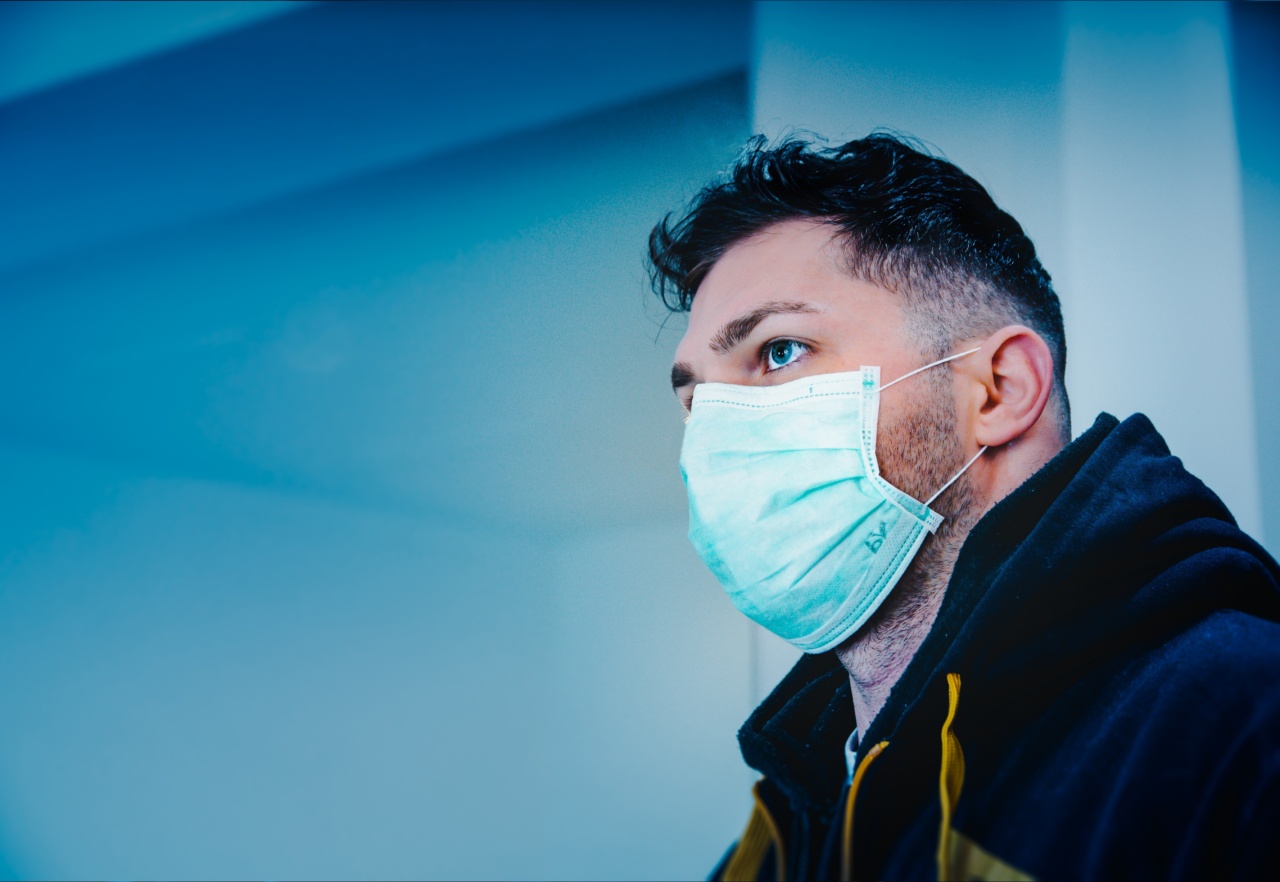Allergic rhinitis, commonly known as hay fever, is a condition characterized by the inflammation of the nasal passages in response to allergens such as pollen, dust mites, pet dander, or mold spores.
This allergic reaction can cause a variety of symptoms, including sneezing, runny nose, congestion, itchy eyes, and nasal itching.
1. Identify and Avoid Triggers
The first step in controlling allergic rhinitis is to identify and avoid triggers that can cause an allergic reaction. Keep track of your symptoms and try to determine which substances or situations worsen your symptoms.
This may include monitoring pollen counts, keeping windows closed during high pollen seasons, using allergy-proof bedding covers, and ensuring proper ventilation to reduce mold and dust mite exposure.
2. Keep Indoor Air Clean
An effective strategy to control allergic rhinitis is to maintain clean indoor air. Use high-efficiency particulate air (HEPA) filters in your home to trap common allergens.
Regularly vacuum carpets and upholstery using a vacuum with a HEPA filter to remove allergens. Dust and clean surfaces frequently to minimize exposure to dust mites.
3. Practice Good Personal Hygiene
Personal hygiene plays a crucial role in managing allergic rhinitis. Shower and wash your hair before bedtime to remove any pollen or other allergens that may have accumulated on your body and hair.
This prevents transferring allergens to your bedding, reducing nighttime allergy symptoms. Additionally, avoid rubbing your eyes, as this can exacerbate symptoms and introduce more allergens into your eyes.
4. Use Nasal Irrigation
Nasal irrigation, also known as nasal rinsing, can help relieve allergy symptoms by flushing out allergens and irritants from the nasal passages. This can be done using a neti pot or a saline nasal spray.
The irrigation helps reduce inflammation and keeps the nasal passages moist, relieving symptoms of congestion, sneezing, and nasal itching. Make sure to follow proper technique and use sterile water or saline solution for nasal irrigation.
5. Seek Medical Treatment
If your symptoms persist despite self-care strategies, it is essential to seek medical treatment. An allergist can help identify your specific allergens through allergy testing and provide appropriate medical management.
This may include prescribing antihistamines, nasal corticosteroids, or immunotherapy (allergy shots) to help control allergic rhinitis symptoms.
6. Manage Stress and Boost Immunity
Stress can worsen allergic rhinitis symptoms, so it’s crucial to manage stress levels in order to control the condition. Engage in stress-reducing activities such as meditation, yoga, or deep breathing exercises.
Additionally, maintaining a healthy lifestyle with regular exercise, a balanced diet, and adequate sleep helps boost the immune system and can reduce the severity of allergic reactions.































